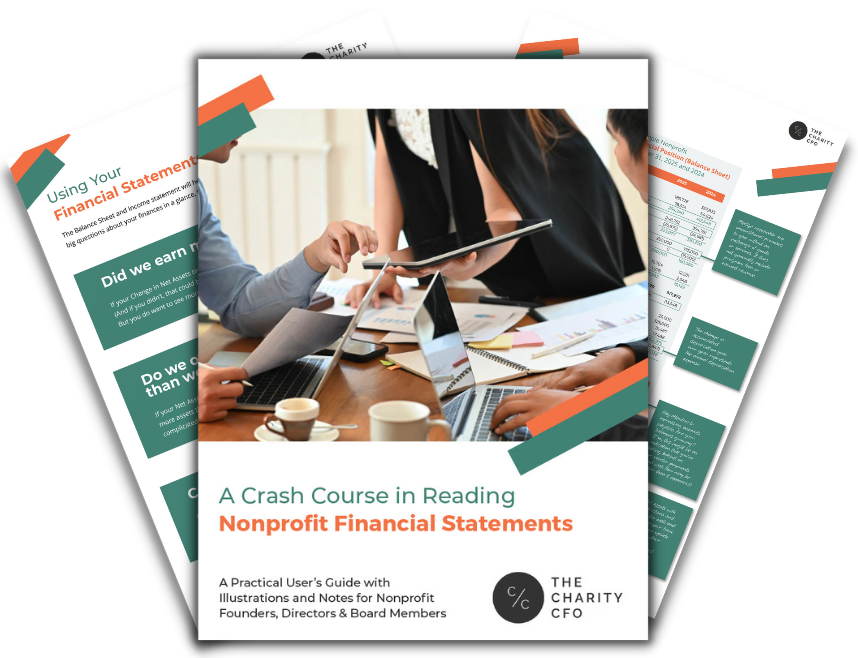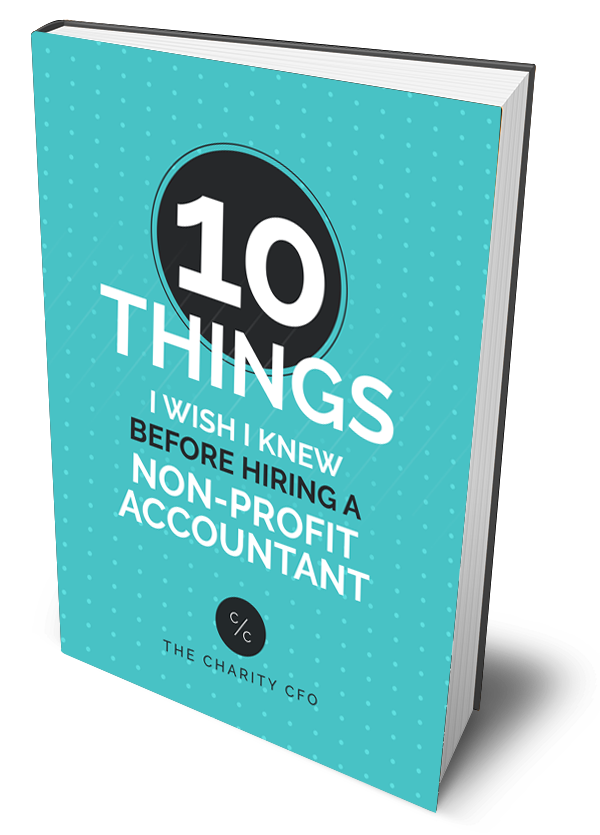If your nonprofit is growing, you have a lot on your plate. But one of the most underrated things you can do to make life easier and improve your future prospects is to work with a nonprofit financial advisor.
These skilled professionals combine essential knowledge with a critical understanding of how the needs of nonprofits differ from other organizations.
Read on as we explore more about this crucial role and how it can help your nonprofit.

Understanding the Role of a Nonprofit Financial Advisor
Before we move further into the role of a nonprofit financial advisor, it’s important to note that there are two different routes the term can take.
The first focuses more on investments. They will guide you in deciding where your money should go to optimize it.
The second is the financial advisor role that we will refer to, which takes on more of an accounting services perspective.
At the most basic level, they can help ensure your organization’s finances are in order and help resolve issues involving financial reports and compliance. They can also work to institute best practices for budgeting, allowing you to easily and more effectively allocate money. And in the event of an audit (whether it’s the IRS, another external group, or even an internal one), your advisor will have your organization prepared and guide you through the process.
One of the more beneficial pieces of their role is that they can use their experience to provide strategic advice, allowing you to make the most of your resources, both financially and staff-wise.
With their added expertise, you can expect:
- Improved fundraising and grant approvals
- A smoother operation that allows you and your employees to focus on your mission
Finding the Right Nonprofit Financial Advisor
When choosing a partner, you don’t just want any old financial advisor, even as skilled as most are. When looking to grow your nonprofit, it’s crucial to find one with experience in the nonprofit sector, one who’s familiar with the general ups and downs of nonprofit life, as well as their common issues and requirements.
Ask about past work from potential candidates, as well as any certifications like the familiar CFP (certified financial planner.) However, there are also more specific but less common credentials that could be extremely helpful as well, like:
- The Certified Nonprofit Accounting Professional
- The highly-specialized Chartered Advisor in Philanthropy
It’s also vital to find an advisor who works for your organization’s values, goals, and specific personalities. Naturally, you’ll want someone who understands the purpose of your nonprofit and why you and your staff work so hard toward your goal.
Having a good personal relationship between your advisor and nonprofit leaders is also critical, as both sides need open and frank communication and collaboration to make the most of your partnership.
Preparing for Your First Meeting
Once you’ve selected the perfect nonprofit financial advisor, you need to get your relationship off on the right foot.
They’ll likely have a lot of questions for you and other organization leaders as they get a sense of:
- Your mission
- Your finances
- The issues that may be holding you back
On your part, you should bring:
- Relevant financial documents and information, which will allow your advisor to get an immediate look at vital data
- A list of questions and concerns
- A clear idea of your goals and what you see as the challenges in your way
At the end of your first meeting, your advisor may give you some tasks they’d like you to accomplish or data to provide in advance of your next meeting. With this simple, low-stress introduction, your organization will be on its way to a brighter financial future.
Tips for Working With Your Nonprofit Financial Advisor
To make the most of your nonprofit financial advisor, it’s critical to consider them as another member of your team. This means open communication and collaboration, with regular check-ins to make sure things are on track for both sides. The more intimately they understand your operations, the better they can assist.
However, ensure both you and your advisor don’t feel overburdened with excess communication or meetings. This partnership is meant to relieve a burden, not create one.
Make sure to set clear goals and expectations with your financial advisor. In your initial meetings, it can be helpful to explicitly lay out some short-, medium-, and long-term goals, which can be valuable in balancing your financial planning.

A Nonprofit Financial Advisor Can Help Your Organization Grow
While it may be tempting to go it alone, smart nonprofit leaders know they make the most impact when their team members focus on their strengths and are set up for success. Working with an outside nonprofit financial advisor is one of the simplest and most impactful ways to do just that. You’ll be excited to see the growth or other improvements these experienced professionals can unlock in your organization’s everyday operations.
When it comes to picking a partner, there’s no better choice than The Charity CFO. Contact us today to learn more about how we can help your organization get started on the path to nonprofit financial success.

Do You Struggle to Make Sense of Your Financial Statements?
Get our FREE GUIDE to nonprofit financial reports, featuring illustrations, annotations, and insights to help you better understand your organization's finances.
Get the free guide!

0 Comments